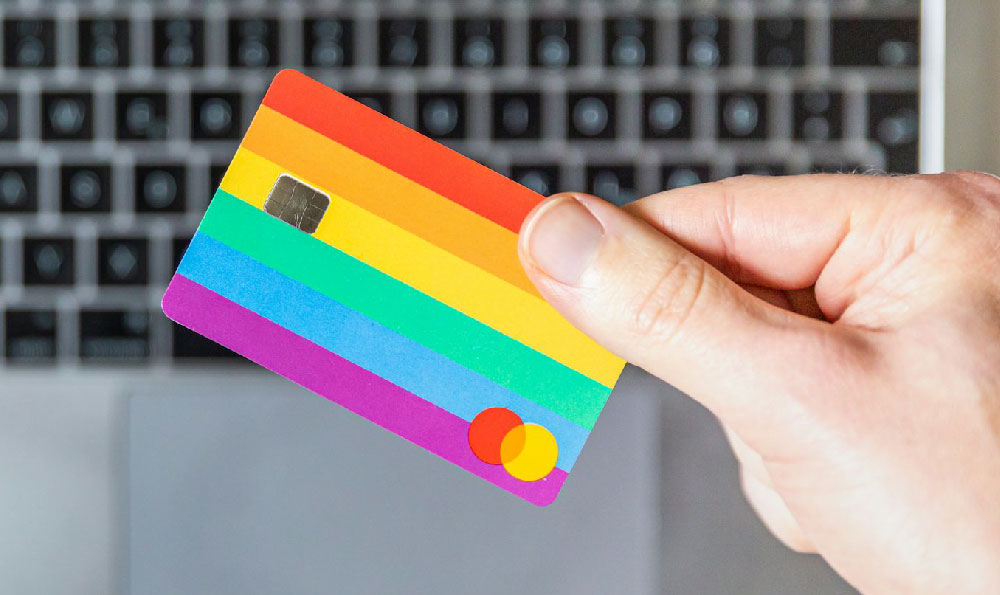Do Tattoo Artists Prosper Financially? Is Tattooing a Lucrative Career?

Let's delve into the financial landscape of tattoo artistry, examining its potential as a lucrative career and the factors influencing an artist's prosperity. It's a field often romanticized, but the reality of earning a comfortable living requires more than just artistic talent. It necessitates business acumen, dedication, and a keen understanding of the market.
One might assume that a sought-after skill like tattooing automatically translates to financial success. However, the income of a tattoo artist is far from fixed. It is profoundly affected by a multitude of variables. Geographic location plays a crucial role. An artist working in a bustling metropolitan area with a high demand for tattoos will likely command higher prices than someone in a smaller town with limited clientele. The cost of living in that area also comes into play. Higher rent and living expenses will naturally necessitate higher earnings to maintain a comfortable standard of living.
Experience and skill level are, without a doubt, major determinants of financial success in tattooing. Entry-level apprentices often start with minimal or no pay, essentially trading their time and effort for invaluable training and mentorship. As they progress and hone their skills, their earning potential increases substantially. A highly skilled artist with years of experience and a strong portfolio can charge significantly more per hour than a beginner. The complexity and intricacy of their designs, the speed and efficiency with which they work, and their overall reputation all contribute to their perceived value.

The type of tattoo work an artist specializes in also impacts their earning potential. Some artists focus on specific styles, such as realism, traditional Japanese, or fine-line work. Specialization allows them to attract a niche clientele willing to pay a premium for their expertise. An artist known for their exceptional color realism, for example, will likely have a waiting list and command higher prices than a generalist. Furthermore, the popularity of certain tattoo styles can fluctuate over time, influencing demand and prices.
Beyond artistic skill, the ability to market oneself effectively is paramount. In today's digital age, a strong online presence is essential for attracting new clients and building a loyal following. Artists must actively engage on social media platforms like Instagram, showcasing their work, interacting with followers, and running targeted advertising campaigns. A well-curated portfolio and positive online reviews can significantly enhance an artist's reputation and attract a steady stream of clients.
The business model an artist chooses also has a direct impact on their earnings. Some artists work as employees in established tattoo shops, earning a percentage of their earnings (typically around 40-60%). This provides a certain level of stability and access to a pre-existing clientele. However, it also means relinquishing a portion of their earnings to the shop owner. Other artists choose to rent a booth within a shop, paying a fixed monthly fee for the space and keeping all of their earnings. This option offers more autonomy but also requires managing their own scheduling, supplies, and marketing. The most entrepreneurial artists eventually open their own studios, assuming the full responsibility of running a business, but also reaping the rewards of complete control over their income and branding.
It's crucial to acknowledge the significant overhead costs associated with tattooing. High-quality tattoo machines, needles, inks, sterilization equipment, and other supplies represent a substantial investment. Artists must also factor in the cost of rent, utilities, insurance, and marketing. These expenses can eat into profits, especially for artists just starting out. Effective financial management and careful budgeting are essential for long-term success.
The industry is also subject to economic fluctuations. During times of economic downturn, discretionary spending, including tattoos, often decreases. Artists need to be prepared for periods of lower demand and adjust their strategies accordingly. This might involve offering discounts, diversifying their services (e.g., selling artwork or merchandise), or actively seeking out new clientele.
Furthermore, the tattoo industry can be competitive. Artists must continuously strive to improve their skills, stay up-to-date on the latest trends, and differentiate themselves from the competition. This might involve attending tattoo conventions, taking workshops, or collaborating with other artists.
Finally, it's important to address the health and safety aspects of tattooing. Artists are exposed to bloodborne pathogens and other potential hazards. They must adhere to strict sterilization protocols to protect themselves and their clients. Investing in high-quality safety equipment and maintaining a clean and sanitary workspace are essential for long-term health and career longevity. Health insurance is also a crucial consideration, given the physical demands of the job and the potential for occupational injuries.
In conclusion, while tattooing can be a lucrative career for some, it is not a guaranteed path to financial prosperity. Success requires a combination of artistic talent, business acumen, marketing skills, financial management, and a strong work ethic. The industry is competitive, and artists must continuously strive to improve their skills and adapt to changing market conditions. Those who are willing to invest the time, effort, and resources necessary to build a successful business can potentially earn a comfortable living and find fulfillment in their artistic pursuits. The journey, however, demands diligence, perseverance, and a realistic understanding of the financial realities of the tattoo industry. It's a career that rewards those who approach it with both passion and practicality.















